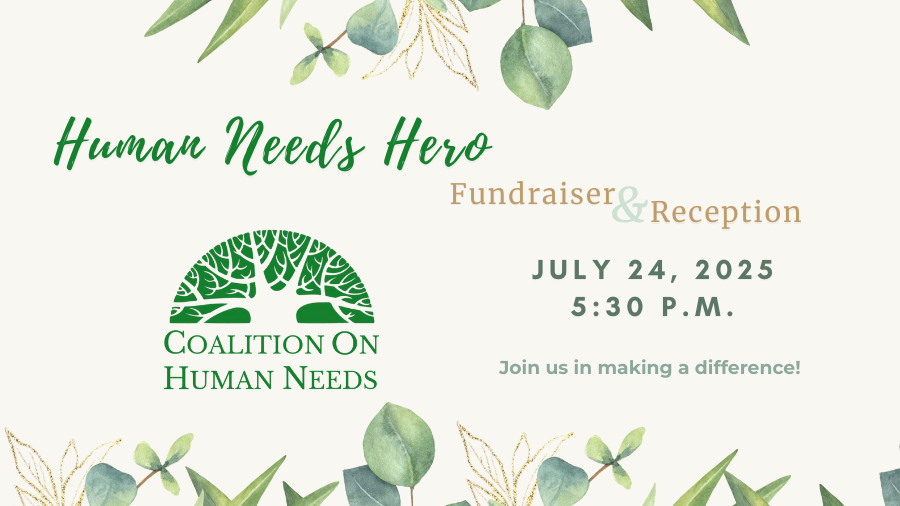
- This event has passed.
YWCA Stand Against Racism: Addressing Racism as a Public Health Crisis
From our friends at the YWCA:
YWCA USA’s 15th annual Stand Against Racism campaign will take place April 22 – 25, 2021.
We invite YWCAs and allied groups to focus their events and organizing on the myriad of racial justice issues that impact the health and safety of communities of color. Most importantly, we invite you to explore how From Declarations to Change: Addressing Racism as a Public Health Crisis can advance the work of justice in your community and empower people of color.
Structural racism plays a large role in determining the conditions in which people are born, grow, work, live, and age. These factors affect people’s access to quality housing, education, food, transportation, political power, and other social determinants of health. Understanding and addressing systemic racism from this public health perspective is crucial to eliminating racial and ethnic inequities, and to improving opportunity and well-being across communities.
Our collective efforts can root out injustice, transform institutions, and create a world that sees women, girls, and people of color the way we do: Equal. Powerful. Unstoppable.

